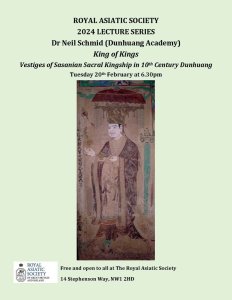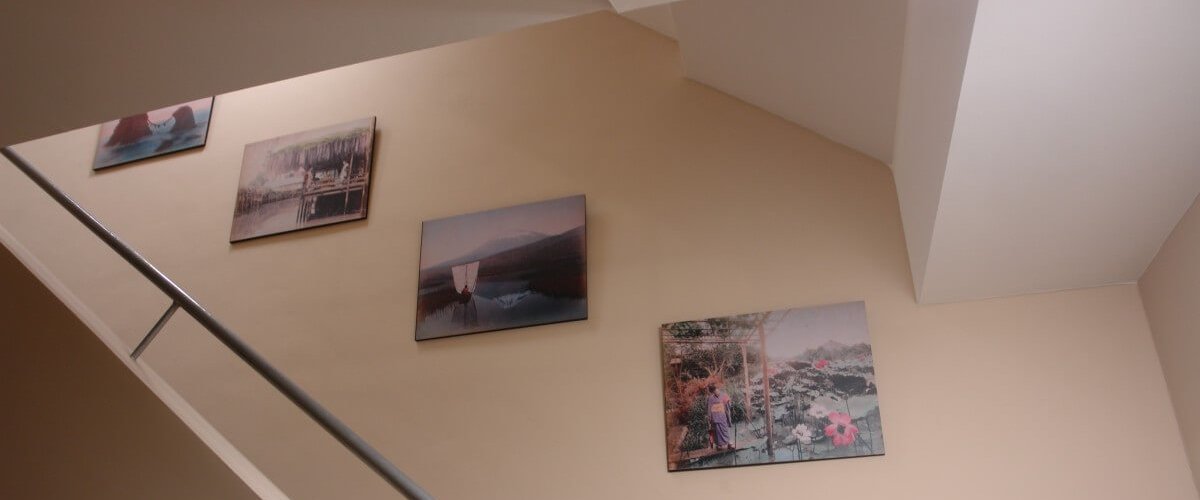Callout for Submissions for the Surya P. Subedi Prize 2024
The Royal Asiatic Society is inviting submissions for the second award of the Surya P. Subedi Prize for the publication of a book or article on Nepal in English in any one calendar year. Nominations are invited for publications on Nepal during 2023 and should include a short paragraph of not more than 500 words detailing why the book or article should be considered for the prize accompanied by a short biography of the author and one letter of support. The value of the annual Prize is £500 (five hundred pounds). Nominations for the Prize will close on June 30th 2024. The nominations will then be considered by a panel of judges and the winner will be announced by the end of September 2024. This Prize has been offered by Dr. James J. Busuttil to honour the work and distinguished career of his friend and colleague Professor Surya P. Subedi OBE KC DCL LLD, Professor of International Law at the University of Leeds. A further contribution to the Prize fund was made later by an anonymous benefactor. The Prize will be awarded on the recommendation of three judges appointed by the Society. The Society will be responsible for administering the Prize which will be presented in conjunction with a public lecture to be given by the winner at an open meeting of the Society.
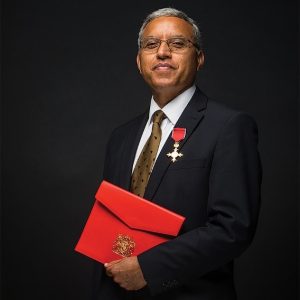
In 2023, the winner was Professor Mark Liechty for his book What went Right: Sustainability versus dependence in Nepal’s hydropower development. The book explores why Nepal’s hydropower sector is one of the country’s few development success stories. Professor Liechty’s research focuses on Nepali history and society and he holds a joint appointment in the departments of History and Anthropology at the University of Illinois, Chicago.
This blog features a farewell message from our recent Collections Assistant, Dr Amy Matthewson
Today is my last day as Collections Assistant for the Royal Asiatic Society, where, for the past 7 months, I covered for the Librarian, Edward Weech, whilst he was on parental leave. During my time I worked closely with the small dedicated team who keep the Society going, thereby providing an important space to exchange knowledge and information regarding the history, languages, cultures, and religions of Asia.
My role was unique in that I joined at a time the RAS was preparing for their bicentenary celebrations. This meant I spent the majority of my time expanding on the research, organisation, and preparation for the exhibition, Extraordinary Endeavours, that was on display at the Brunei Gallery at SOAS, University of London from October to December 2023.
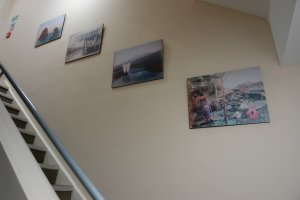
The exhibition was an enormous undertaking but an incredibly rewarding experience. Working alongside Alison Ohta (Director) and Nancy Charley (Archivist) with support from Camilla Larsen (Executive Officer) and Matty Bradley (Publicity and Outreach Officer), we put together a diverse collection that included rare books and paintings, photographs, and maps. The exhibition allowed us to highlight the importance of collaboration in the pursuit of knowledge as well as the significant contributions made by Asian translators, artists, and teachers working with British scholars. Recently, many of the images and text that were put on display at the exhibition have found a new home decorating the corridors of the RAS. This has enabled us to display images of some of the more beautiful albeit fragile works in the collection without fear of damaging the originals.
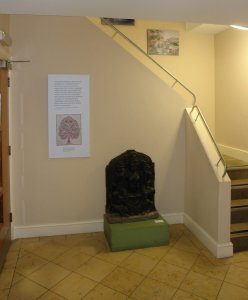
As well as the exhibition, I have been working with a team of brilliant volunteers, who help with researching and cataloguing various collections in the archive. The NADFAS volunteers, Fenny, Chris, and Martyn, gingerly care for books that are in need of attention; Roger, our longest serving volunteer, has dedicated years of his time and energy in helping to catalogue books; Matt comes in to decipher and catalogue Sir Henry Rawlinson’s famously difficult handwritten letters; Jennal is meticulously sorting through boxes of documents from the Calcutta Tercentenary Trust; and Jennie has been scanning to perfection stereoscopic photographs of Armenian ruins.
I have also had the pleasure of working alongside Alex and Khin, two volunteers who have done a fantastic job in researching and cataloguing collections of photographs. Alex focussed on the glass slides of South-East and North-East Asia as well as photographs taken by Reginald Campbell Thompson, including his 1918 excavation at Abu Shahrain and his Mesopotamia Campaign. Khin is currently cataloguing William R. Roff’s photographs and negatives of Malaysia, Singapore, Indonesia, Brunei, and Thailand.
Finally, I have met and got to know many of you during the RAS lectures and various other events and I hope to continue to see you as I will be staying on for the evening lectures over the next few months.
Last evening, Thursday 7th February, we welcomed Professor Nandini Das to launch her award-winning book Courting India: England, Mughal India and the Origins of Empire: Nandini Das: Bloomsbury Publishing. To a packed lecture theatre, Professor Das gave us an introduction to her book focusing on James I’s sending of Thomas Roe as ambassador to the Mughal court and on elephants! Professor Das used elephants, both physical and metaphorical, to elaborate on how memory, background experience, and known culture interact to create and reinforce impressions when faced with something new.

Our next lecture will be on Tuesday 20th February, 6.30pm, when Dr Neil Schmid from the Dunhuang Academy will lecture on King of Kings: Vestiges of Sasanian Sacral Kingship in 10th Century Dunhuang. All are welcome to attend in person and online.
